
ERP software has changed. What used to be seen as a tool only for finance or IT departments is now used by entire businesses across sales, operations, HR, and more. In Bangladesh, where growing businesses often operate with lean teams, having one system that supports multiple departments isn’t just helpful, it’s necessary.
If you’re wondering who uses ERP, the answer is: almost everyone in the company. This article breaks down how different departments use ERP in real life, what they gain from it, and why shared systems like Biznify help teams stay aligned.
In most companies, the finance team is one of the first to rely on ERP. They use it to manage invoices, record payments, and prepare VAT reports. Having a system that tracks every transaction in one place means fewer errors and faster month-end reporting. ERP software plays a key role in streamlining financial management tasks.
But finance isn’t the only team using ERP.
Sales teams depend on ERP to check customer history, create invoices, and confirm product availability, all without calling the warehouse. It makes their job smoother and helps close sales faster. This integration of sales processes into ERP makes day-to-day operations much more efficient, especially when combined with a modern ERP system.
Inventory teams use ERP to monitor stock levels and log incoming or outgoing goods. This real-time tracking helps prevent over-ordering or running out of stock unexpectedly. With inventory management solutions built into ERP, businesses can optimize their stock control processes.
HR departments benefit too. They use ERP to manage employee records, run payroll, and track attendance, all without juggling multiple systems or spreadsheets. For HR departments, ERP solutions enhance efficiency, simplifying operations such as employee record-keeping.
And business owners? They use ERP for visibility. Instead of waiting for daily updates, they can check a dashboard to see how the business is performing across sales, finance, and operations, all in one view. ERP’s real-time business insights help owners make better decisions based on data rather than assumptions.
Biznify is built with these exact roles in mind, offering each team access to what they need without overwhelming them with features they’ll never use.
The real power of ERP comes from shared access. When sales, finance, inventory, and HR all work in the same system, you eliminate delays, reduce errors, and avoid duplicate data. Everyone sees what they need without needing to chase someone else for updates.
For example, a sales rep creates a new order. Inventory sees it immediately. Finance generates an invoice based on it. The manager views the numbers in their dashboard. All from one system.
Not every employee needs full access to every feature. But almost every department benefits when the business runs on a shared system.
Even in smaller businesses with five to ten team members, an ERP system helps teams work faster, communicate better, and avoid costly mistakes. Instead of passing spreadsheets around or relying on WhatsApp messages, everything runs from one connected platform. In businesses in Bangladesh, an ERP system like Biznify is built to support small business operations.
Biznify helps make that possible, especially for teams in Bangladesh that need tools built around real workflows, not corporate complexity. ERP Software Bangladesh from Biznify is designed to streamline operations for local businesses.
So, who uses ERP? In a modern business, the answer is simple: sales, inventory, finance, HR, and management all rely on ERP to stay connected and work efficiently.
When each team has access to the tools they need inside one system, you eliminate confusion and save time. That’s why businesses in Bangladesh are moving toward ERP systems like Biznify, built for daily use by real teams, not just specialists.
ERP isn’t about one department. It’s about bringing your whole business together.
Get a guided product demo tailored to your business needs. No assumptions. No generic walkthroughs. Just real use cases.
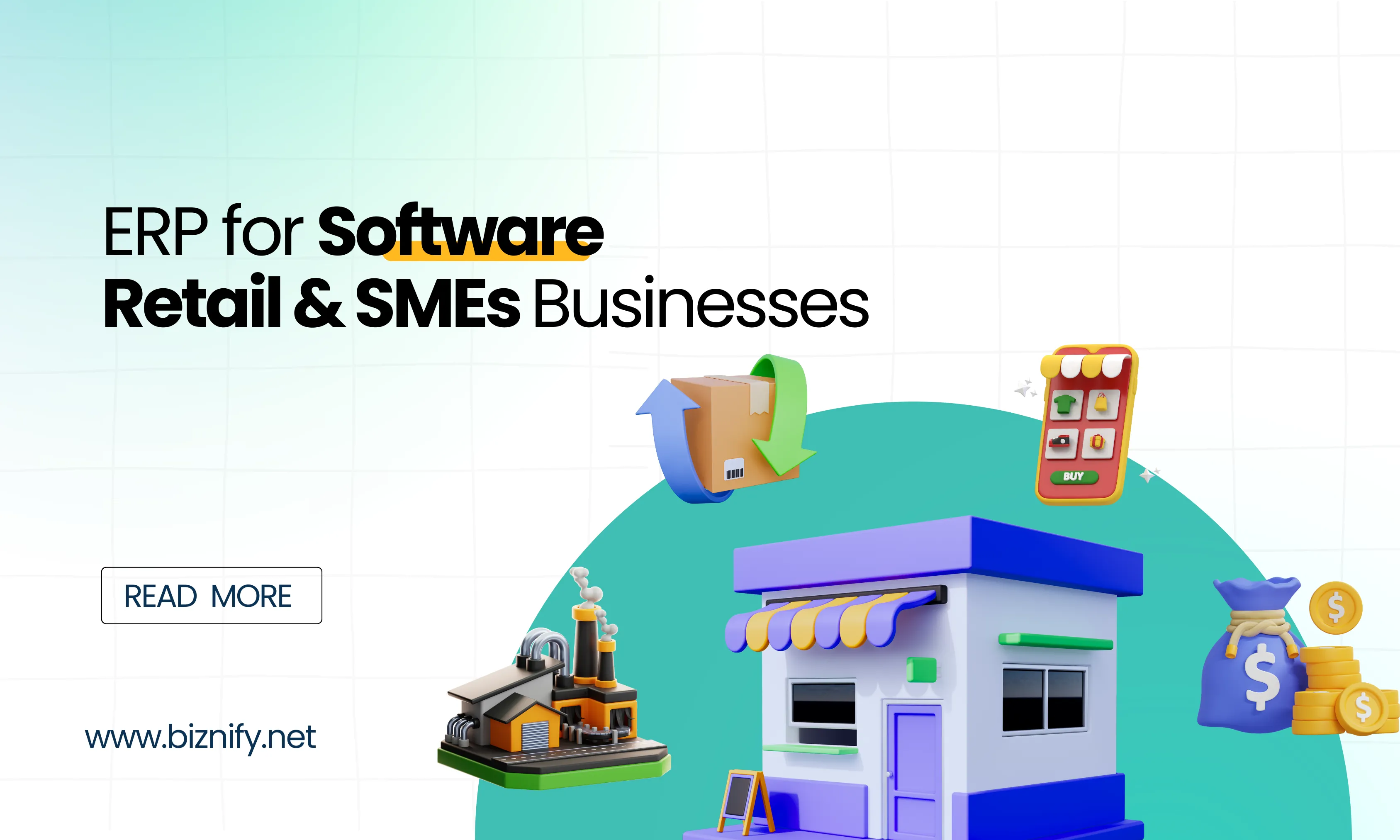
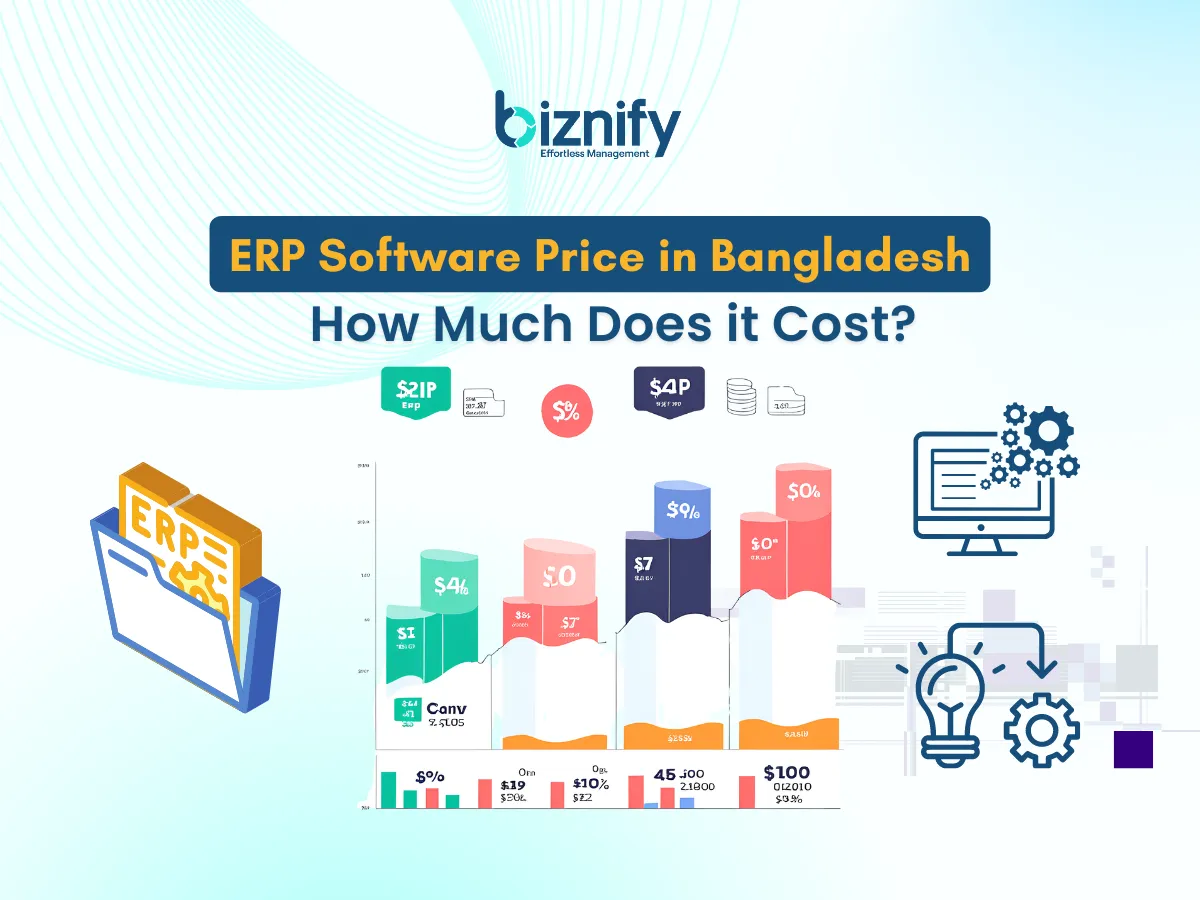
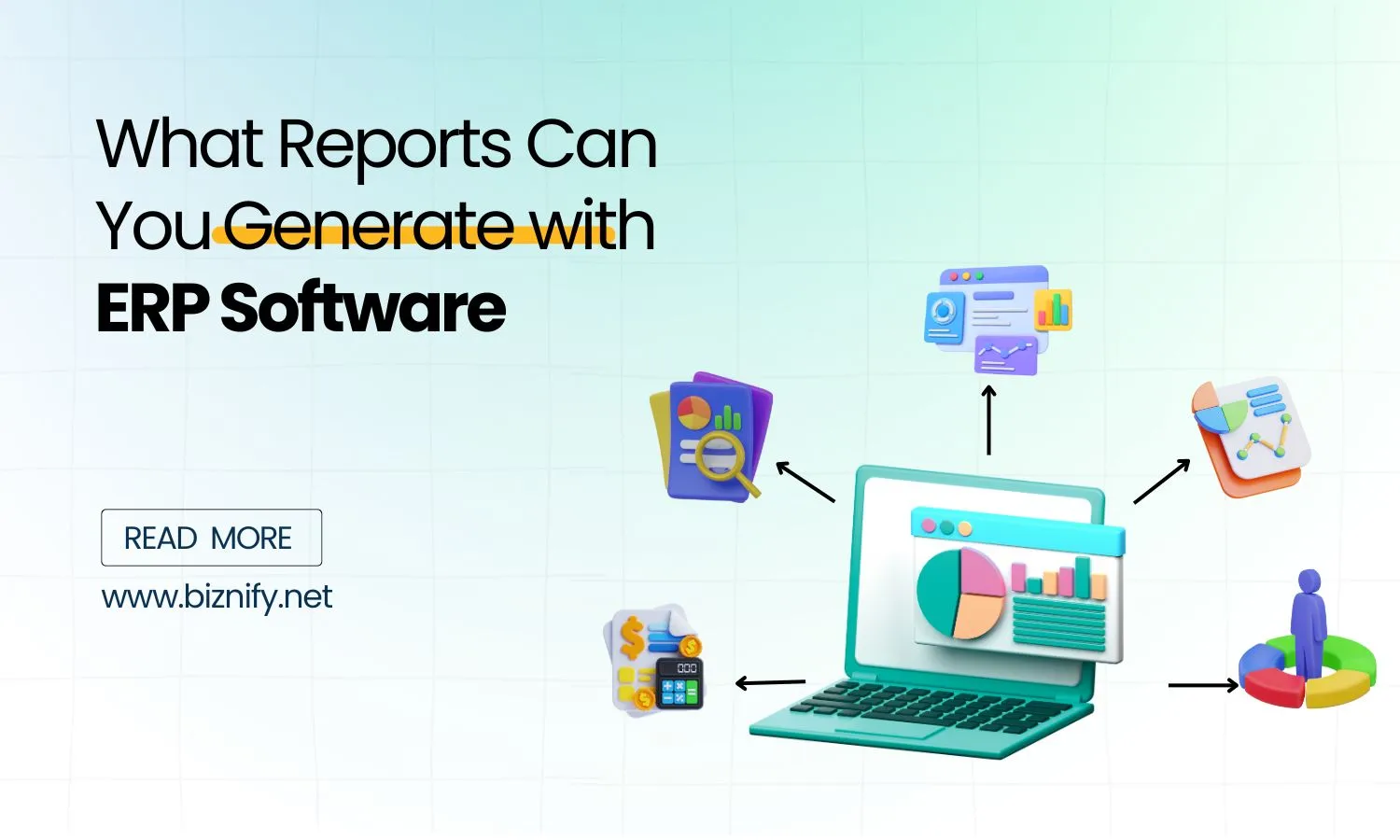
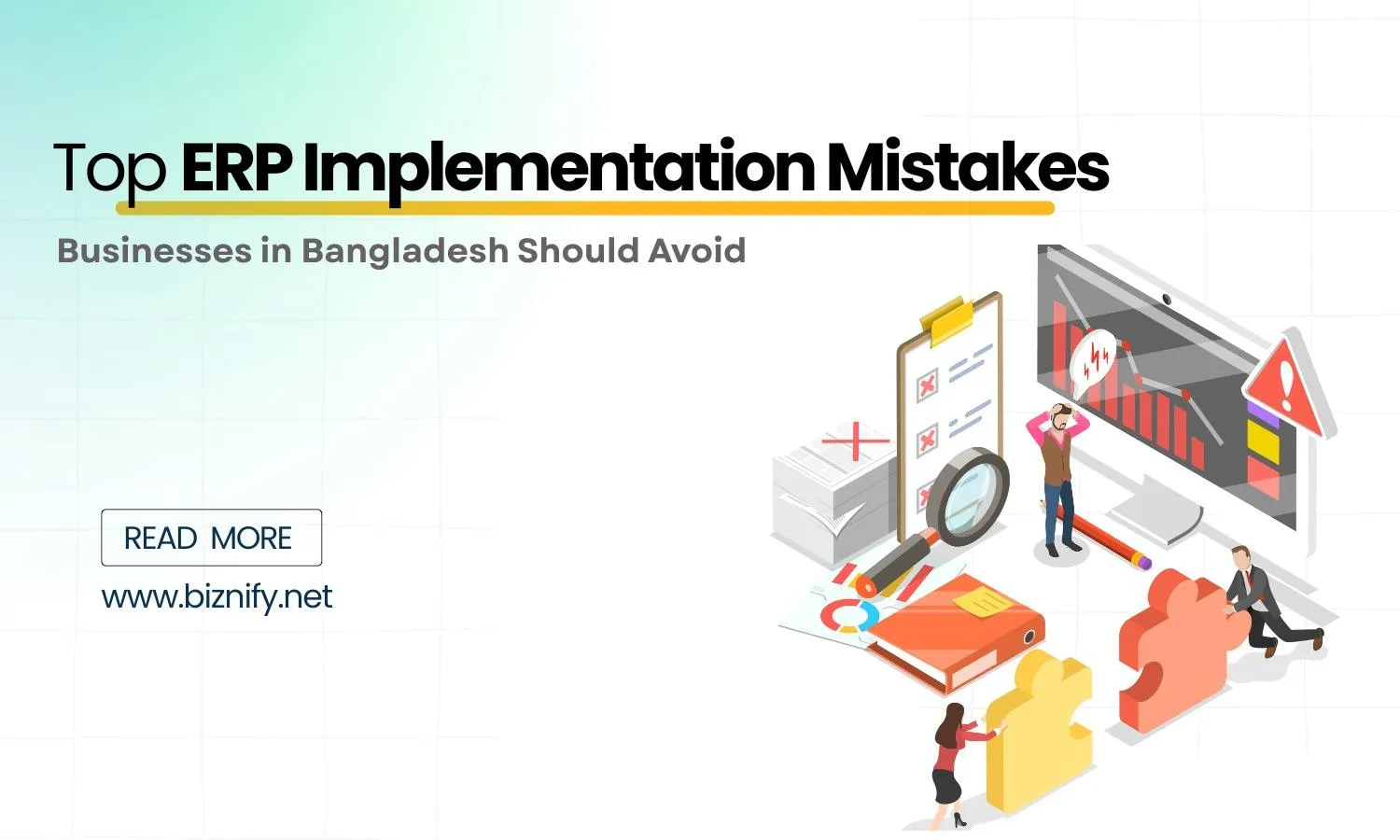
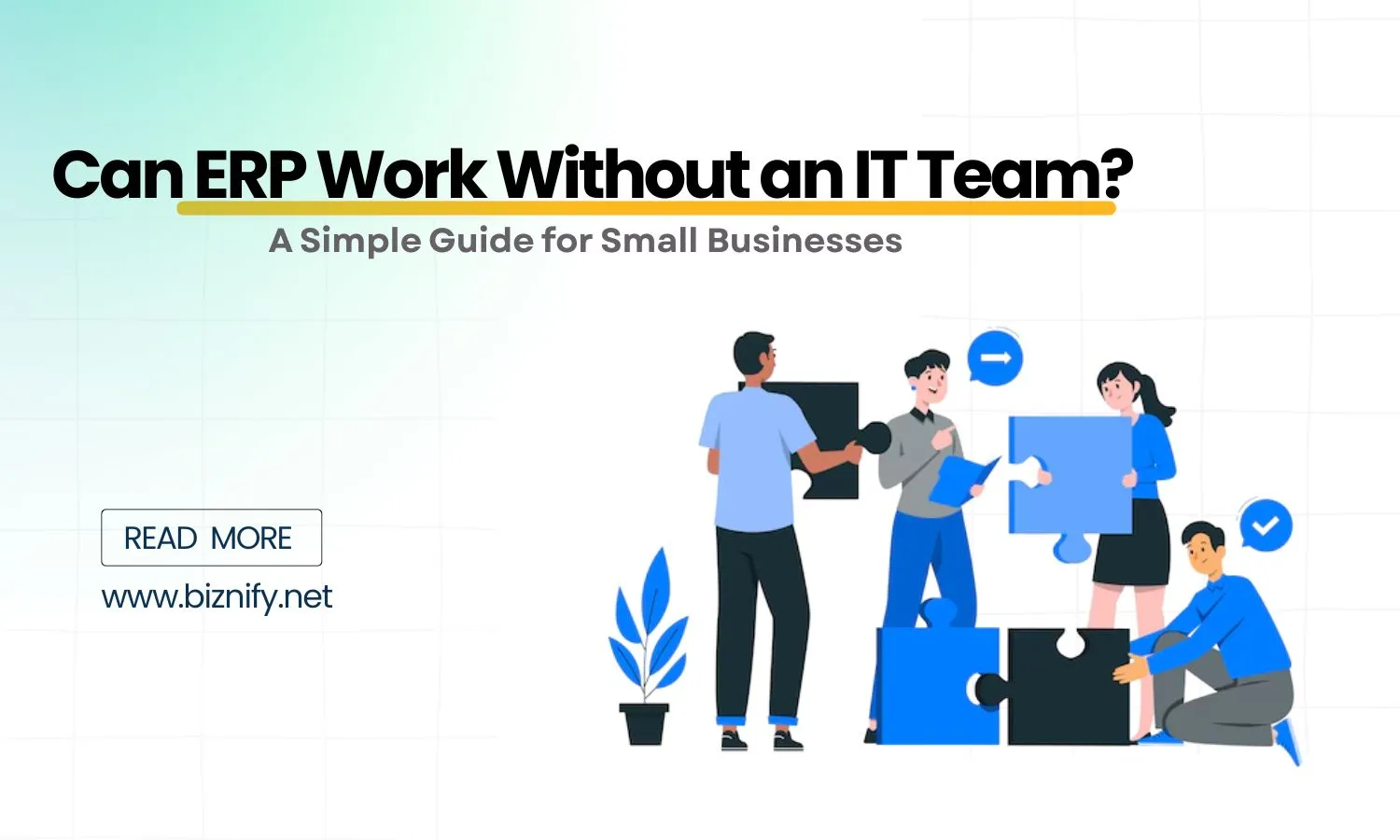
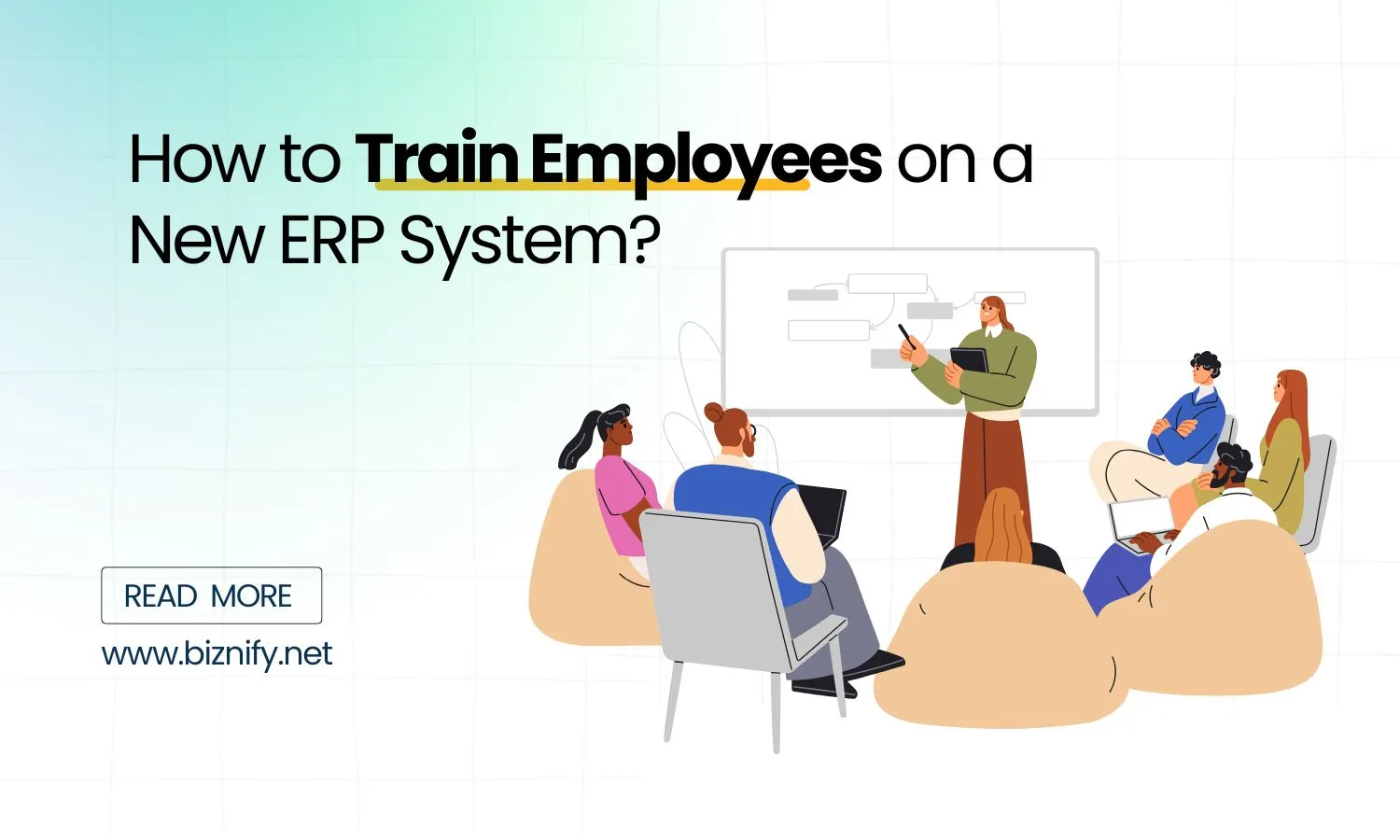
Just exploring ERP or unsure which modules you need? The Biznify team’s here with straight answers.